Sisterhood in the spotlight: How cinema finally got female friendships right

In the early days of cinema, female friendships were like decorative wallpaper—always present but rarely integral to the narrative. They giggled in the background, shared screen time over shopping trips or heartbreaks, and usually vanished once the male lead arrived. Where men had bromances that drove plots, whether on a battlefield or a basketball court, women, even in the company of other women, were set up to compete, compare, and eventually capitulate to romance. They were often designed to orbit the male protagonist, and when more than one appeared, you could almost smell the narrative setup: one would be the virtuous angel, the other a scheming vamp.

Bollywood films in particular were notorious for this dichotomy. Take "Silsila", where Rekha and Jaya shared far more tension in a glance than dialogue, or "Kabhi Alvida Naa Kehna", where the female leads had practically no meaningful interaction despite being entangled in the same emotional chaos. Even in the more lighthearted "Kuch Kuch Hota Hai", friendship had rules. Anjali's tomboyish identity turned her into "one of the boys", not someone who formed meaningful female bonds. Her so-called friendship with Tina never extended past giggles in corridors. The message was clear: friendship between women was secondary and often expendable. Even Hollywood was not doing much better. Films like "Clueless" and "Mean Girls" became iconic not for genuine friendship but for backhanded compliments and burn books. There was glamour and gossip, but little depth. Even "Legally Blonde", progressive as it felt, kept its central female friendships boxed into comic relief.

Over the years, something has changed. Today, female friendships are increasingly becoming the heart of the story, rather than just a subplot. From "Firefly Lane" to "Barbie", from "Veere Di Wedding" to "Fleabag", cinema is slowly replacing competition with camaraderie, turning women from frenemies into found family. And in that journey lies not only a cinematic shift, but a cultural one, because when the screen gives women space to breathe, break down, and build each other up, society quietly begins to take notes. "Thelma & Louise" was perhaps one of the first mainstream films to truly centre female solidarity radically with two women on the run, choosing each other over everything else, even survival. It was dramatic, tragic, and unforgettable. It was also a reminder that women, when allowed to own their narratives, could write new rules for friendship.
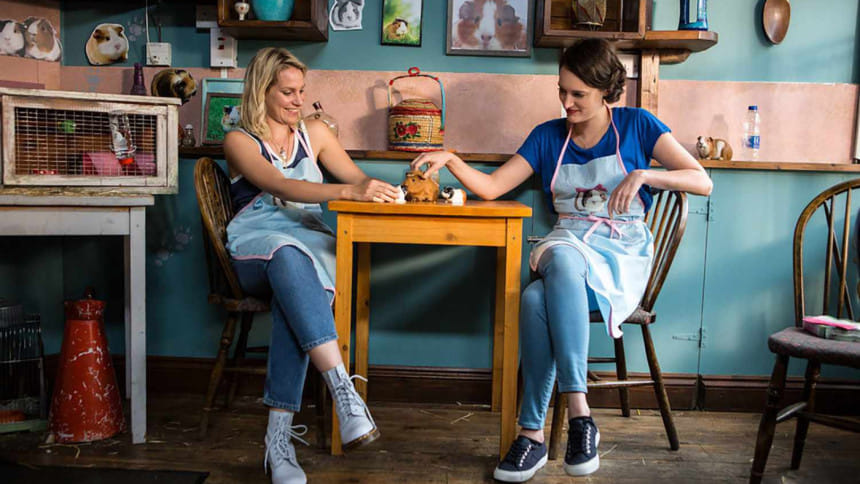
Female friendships no longer had to be perfect; they could be messy, complicated, and deeply real. In "Queen", Rani's transformation is catalysed by her newfound friends in Amsterdam. It was an unusual yet bold representation of found family for mainstream Bollywood, but it resonated. Suddenly, friendship did not just heal heartbreak but also became a form of rebellion. "Veere Di Wedding" was a bold attempt at presenting four women navigating adulthood and marriage. It is glossy, loud, and clumsy, but it dared to let women be "vulgar", fun, and confused together. More recently, "Crew" was built on that same energy with more swagger. On the surface, it was a crime comedy about three air hostesses-turned-smugglers, but beneath the glossy veneer was a story of resilience. The protagonists lied, plotted, and laughed together, not because the world permitted them to, but because they carved that space out themselves.
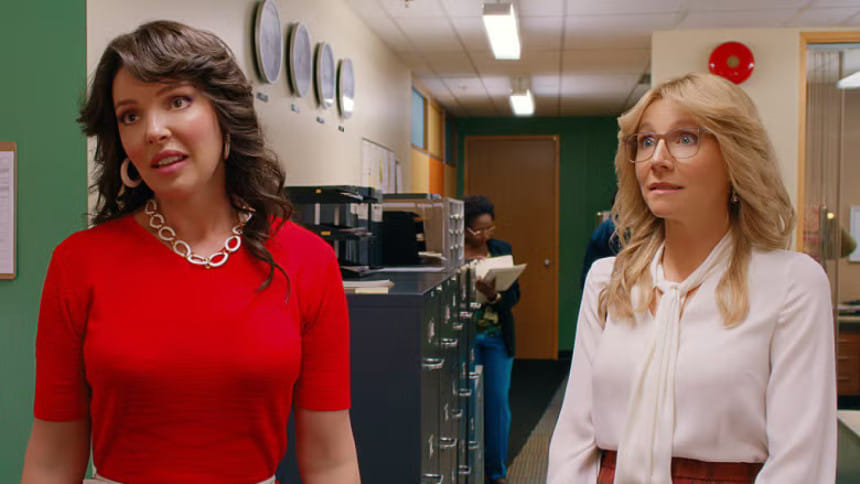
In Hollywood, "Bridesmaids" brought female friendships to the comedic forefront, showing that women can be both hilarious and heartbreakingly real. "Booksmart" turned the high school buddy comedy into a feminist coming-of-age ride, with Amy and Molly's co-dependent chaos echoing the beautiful absurdity of teenage closeness. And perhaps the ultimate twist in recent memory came from "Barbie", a film marketed as candy-coloured fun, but which at its core is about the power of women supporting each other. Gloria's monologue, Barbie and Sasha's bond, even Barbie and Ken's final moment of examining self-definition; none of it works without the scaffold of shared feminine experience.
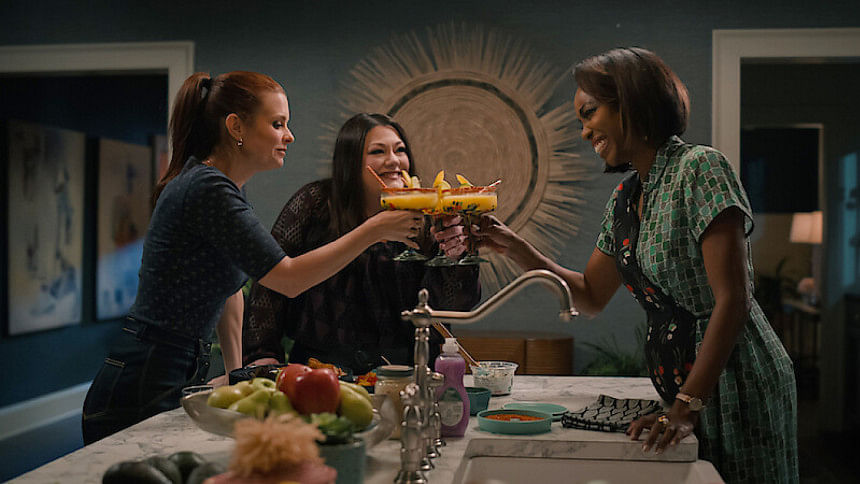
Streaming platforms took this evolution further, giving women friendships room to breathe across episodes, seasons, and decades. "Firefly Lane" gave us decades of friendship between Tully and Kate, complete with fights, breakdowns, jealousy, forgiveness, and enduring love. Netflix and Prime have particularly become playgrounds for friendship narratives. In "Derry Girls", the chaos of Northern Ireland's political unrest is filtered through the unbreakable bond of five hilarious teenagers. In "Sweet Magnolias", small-town life finds its anchor not in romance but in the decades-long friendship between three Southern women. These shows do not just give us girl talk, but career struggles, grief, parenting, generational trauma, and emotional growth, all held together by sisterhood. Even the genre-bending "Stranger Things", while often lauded for its male friendships, gave us moments of real resonance between Max and Eleven — young girls navigating horror, hormones, and heartbreak side by side.
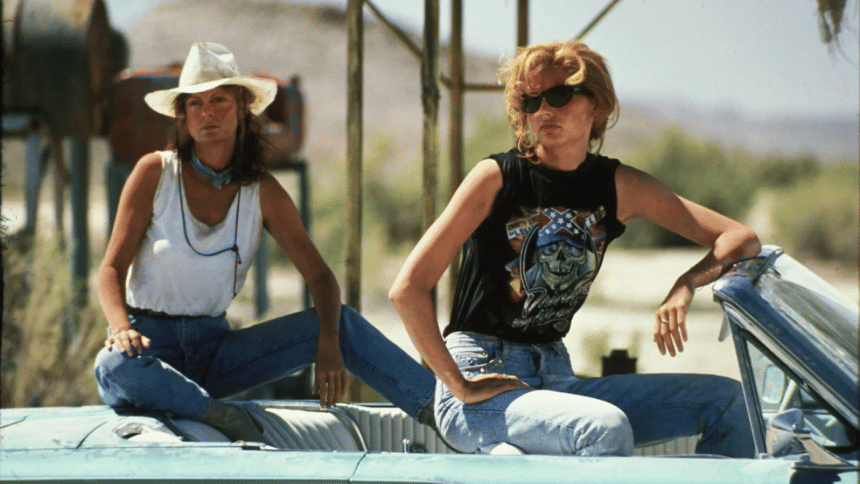
What's clear is that our screens are finally beginning to mirror what many women have always known: friendship isn't a filler in life; it's one of the foundations. It's the space where women can be loud and vulnerable, messy, magnificent, and themselves. In a world where patriarchy isolates and romantic love is idealised to the point of erasure, female friendships offer a roadmap for both survival and joy. We need more of that—and more stories of imperfect but real friendships, where women fall apart and still find their way back to one another. At the end of the day, sisterhood isn't just a plotline; it's a genre of its own within storytelling. And it deserves the spotlight.

 For all latest news, follow The Daily Star's Google News channel.
For all latest news, follow The Daily Star's Google News channel. 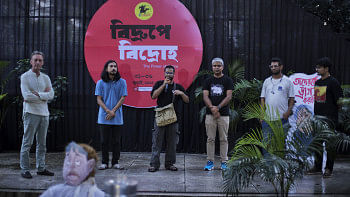




Comments